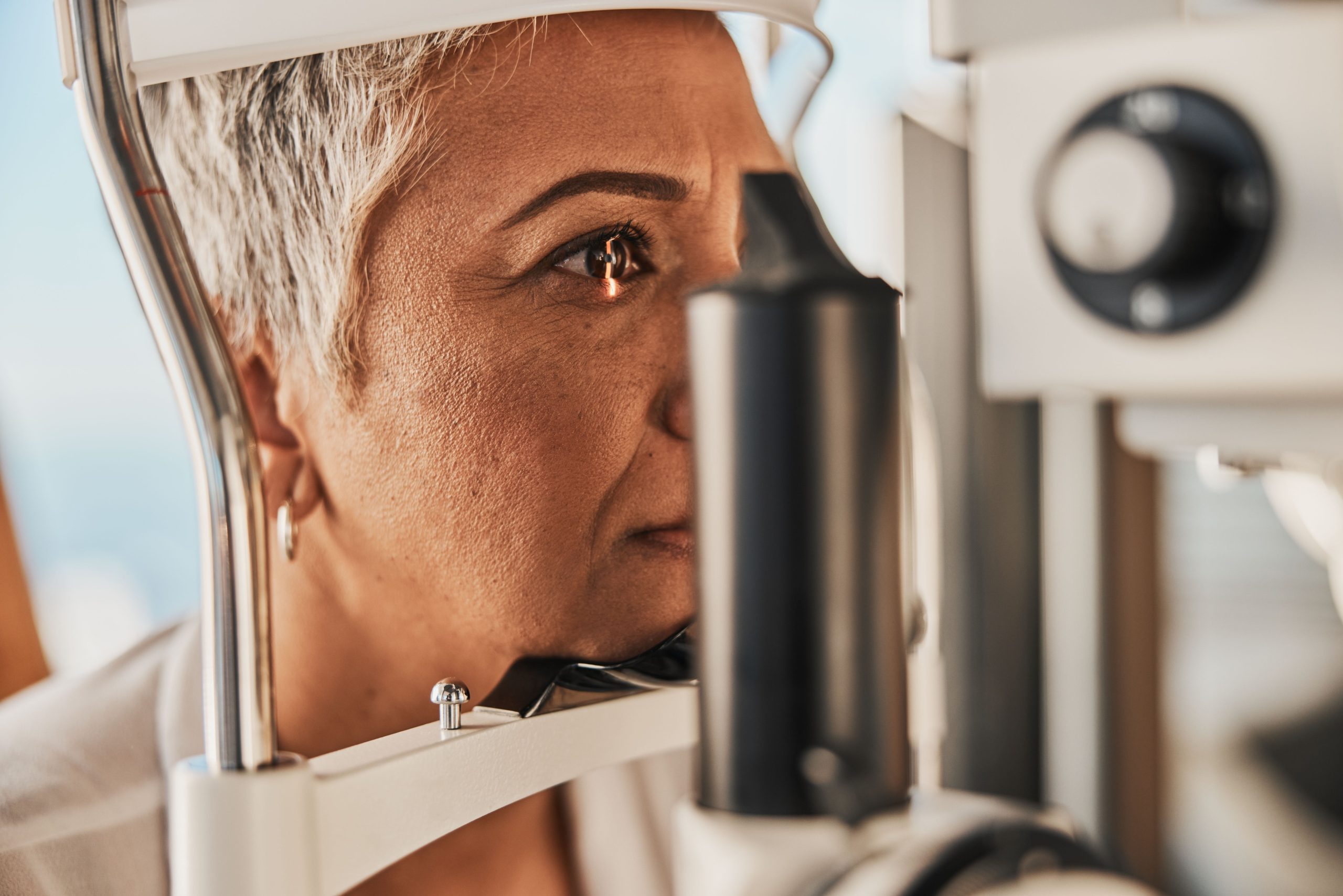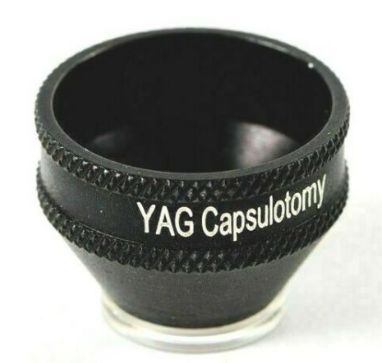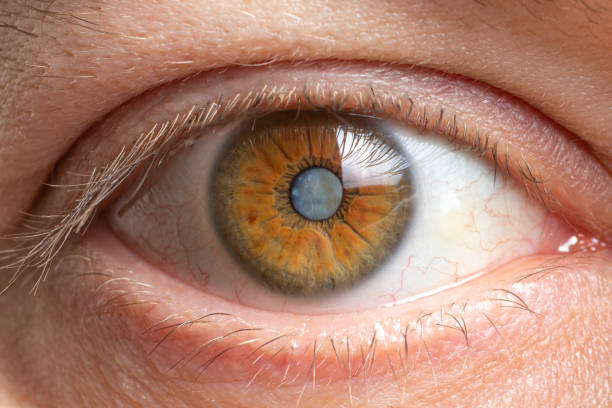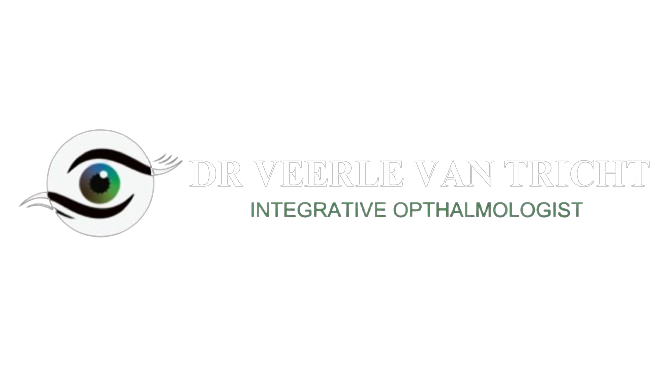Yag laser capsulotomy
This is a procedure performed by ophthalmologists or eye specialists to treat a condition called posterior capsule opacification (PCO) that can occur after cataract surgery

Diagnosis
We will evaluate the your visual symptoms and perform a thorough examination to confirm the diagnosis of PCO. This may include an assessment of visual acuity, visual field testing, and a slit lamp examination of the eye.
Postoperative Care
Following the procedure, the patient will be monitored for a short period and may experience some mild discomfort or slight elevation in intraocular pressure. The doctor may prescribe lubricating eye drops to alleviate any dryness or irritation.
Preoperative Preparation
Before the procedure, We will dilate the patient’s pupils using eyedrops. This helps to enlarge the opening in the iris and allows better access to the affected capsule.
Follow-up
Typically, patients are scheduled for a follow-up appointment within a few days to assess their visual acuity and the success of the procedure. Many patients experience an immediate improvement in vision after we do YAG laser capsulotomy.
Procedure
The patient will be seated at a slit lamp microscope, and the doctor will administer local anesthesia through numbing drops. The YAG laser is then used to create a small opening in the cloudy posterior capsule behind the intraocular lens (IOL) that was previously implanted during cataract surgery. The laser creates a precise and controlled cut without the need for incisions or stitches.
.
Speak with an Ophthalmologist
Call: +44 7900 842692




Frequently Asked Questions
Why do I need a YAG laser capsulotomy after cataract surgery?
YAG laser capsulotomy is necessary if you develop posterior capsule opacification (PCO) following cataract surgery. PCO occurs when the capsule, which holds the artificial lens in place, becomes cloudy and affects your vision. A YAG laser capsulotomy creates an opening in the cloudy capsule to restore clear vision.
Is YAG laser capsulotomy a surgical procedure?
Though it is often referred to as a procedure, YAG laser capsulotomy is not a surgical procedure that requires incisions or sutures. It is a non-invasive laser treatment performed in your eye doctor’s clinic or office.
How long does a YAG laser capsulotomy take?
The actual laser treatment typically takes a few minutes. However, you will need to allow time for the dilation of your pupils and the post-procedure evaluation. In total, the appointment may last around 30 minutes to an hour.
Does YAG laser capsulotomy hurt?
Most patients report little to no pain during YAG laser capsulotomy. Your eye doctor will administer numbing eye drops to ensure a comfortable experience. You might feel a slight sensation like a brief flickering of light when the laser is applied.
What can I expect after YAG laser capsulotomy?
After the procedure, your vision may be temporarily blurry, and you might experience mild sensitivity to light. These symptoms typically resolve within a few hours. Your eye doctor might prescribe eye drops to prevent inflammation or infection, and you should avoid any strenuous activities or rubbing your eyes for a few days. Your vision should improve within a few days to a week after the procedure.
Are there any risks or complications associated with YAG laser capsulotomy?
YAG laser capsulotomy is considered safe and effective. However, as with any medical procedure, there are some potential risks, such as increased eye pressure, retinal detachment, or damage to the intraocular lens. Your eye doctor will discuss these risks with you beforehand and monitor your progress during and after the procedure to minimize any complications.
Is cataract surgery safe?
Yes, cataract surgery is considered safe and has a high success rate. However, like any surgical procedure, it carries some risks that will be discussed with you by the ophthalmologist.
Will cataract surgery restore my vision?
Cataract surgery has a high success rate in restoring clear vision. However, it’s important to have realistic expectations as other underlying eye conditions or age-related changes may still impact vision following the surgery.
What is the recovery process after cataract surgery?
The recovery period is relatively short, and most patients experience improved vision within a few days. You may be prescribed eye drops, given post-operative instructions, and advised to avoid strenuous activities or rubbing the eyes.
Are there any alternatives to cataract surgery?
In the early stages, cataracts can be managed with changes in eyeglass prescriptions and improved lighting. However, surgery remains the only effective treatment for advanced cataracts. It is advisable to discuss options and potential risks with your ophthalmologist.
What to Expect From Your Visit
Comprehensive Eye Examination, Refraction Test, Slit Lamp Examination, Dilated Eye Examination, Additional Specialized Tests,Diagnosis and Treatment Plan, Patient Education, Follow-Up Appointments. It’s important to note that the exact procedures and tests may vary based on individual needs, and some visits may focus on specific concerns or conditions. It’s always beneficial to communicate any specific symptoms or concerns you may have during the visit.
